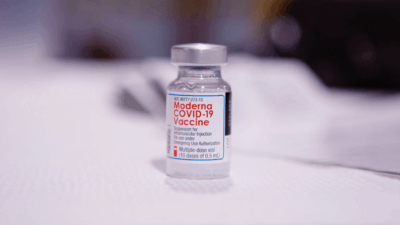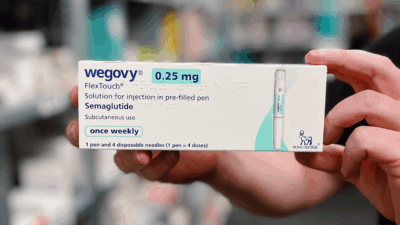
Sign up for smart news, insights, and analysis on the biggest financial stories of the day.
Here comes déjà vu December. There’s a new Covid-19 variant, travel measures are tightening, and Wall Street traders’ brows are furrowed with more sweat than usual (let’s face it, traders are frenetic, sweaty people).
On Friday, global shares fell the most since October, US Treasury yields the most since spring 2020, oil fell 13%, and Bitcoin tumbled 10%. But there are signs that controlling the culprit, the new Covid-19 variant and ’80s Transformers villain Omicron, could go smoothly.
Economy and Epidemiology
Economically speaking, there’s a couple of reasons markets were already in a position for softening on Friday. First, it was Thanksgiving week, which meant a lull in trading activity amplified selloffs. Second, many traders may be looking to cash out some gains on the year before slowing down for the holidays — the S&P 500 is up 22% in 2021, and all those Christmas turkeys aren’t going to brine, stuff, roast, and eat themselves.
Epidemiologically speaking, there are also signs Omicron could be manageable:
- South Africa, where medical authorities were the first to identify the new variant, said Sunday that there’s been no uptick in hospitalizations.
- Scientists will need a couple of weeks to test how current vaccines hold up to Omicron, but Moderna, which produces one of the most effective Covid vaccines, told the BBC Sunday that if necessary, it could have a reformulated shot to battle the new variant ready by early 2022.
“We are usually buyers of market dislocation not rooted in fundamental facts,” John Spallanzani, portfolio manager at Miller Value Partners, told Bloomberg. “This should not derail the global recovery.” Notably, the Delta surge in the summer caused a handful of brief S&P 500 dips, but none stopped the overall record-setting gains.
Old Habits: Zoom shares were up 5.7% and Peloton 5.6% on Friday, which might as well be a pandemic news cycle cliche. But Goldman Sachs, in an investor’s note, said major portfolio changes are likely not necessary at this point, though flagged 10-year Treasury futures as a short-term hedge.











